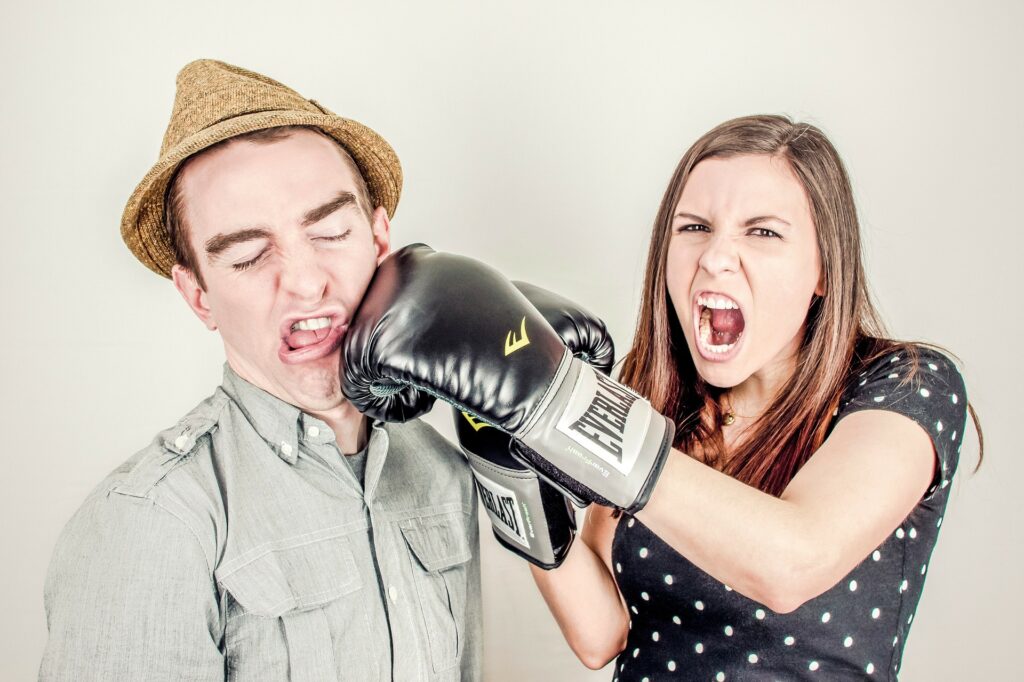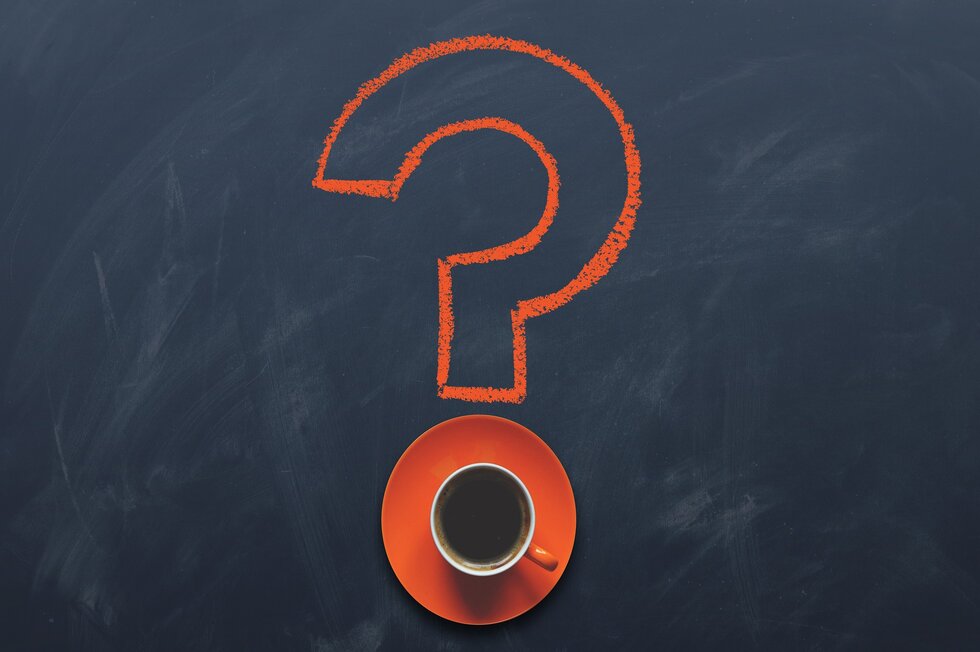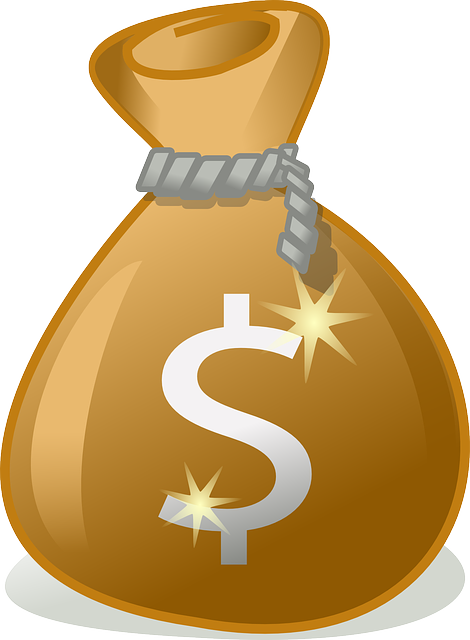Blockchain is not Bitcoin, or vice versa. It’s very easy to think of Bitcoin as the first thing when asked about Blockchain. But blockchain is not bitcoin. Instead blockchain is the technology behind bitcoin.
Getting back. Let’s start by breaking the word Blockchain up
BLOCK + CHAIN
So, it’s a chain of blocks (block of chains sounds weird, yeah?). And, what’s that block or blocks contain? Information.
Let’s say you and a friend, we call her Jane, head to a restaurant. You’ll stuff yourselves and end up with a bill of $200. Jane pays the bill and you decide to share your part of the bill with her, by paying her back in Bitcoin. Why did you pay in Bitcoin? It’s because you’ve tried paying Jane in cash after previous dinners but she’s had a bit of a sloppy memory and thinks you dupe her each time after food.

So this time, you’ve come prepared. You will pay her, and you will ensure that transaction is etched online forever so she can’t think of you as a cheat anymore.
So here’s what happens:
You’re share is $100 dollars. This is the equivalent of 0,0045 Bitcoin
So you send it via an app or from your digital wallet (yes, there’s a digital wallet to store Bitcoin. We’ll cover that elsewhere) to Jane’s digital wallet. But first,
This transaction is represented online in a BLOCK
Now this block is sent onto a digital network (think of it like the internet that’s spread across the world)
Here’s it is verified (kind of made official. Think of this like a post office when you send a letter. A postman checks the address and does some formalities. Similarly, here there’s someone, ok not someone – it’s all automatic, sitting somewhere in the digital world and seeing “Okay you are sending $100 to Jane. Do you have the money in your wallet. Is Jane’s wallet’s address correct). Once verified this transaction is now added to the CHAIN. So you’re BLOCK is now part of the CHAIN.
This transaction is now permanently recorded on the chain.
Jane receives her Bitcoin equivalent of $100. No way in hell can she ever tell you that you owed her from the previous night.
So what is blockchain doing?
- There’s transparency
- It’s fast (this happens in a matter of seconds)
- It’s secure and safe
- You’re not reliant on your bank’s technology, their daily limits, their transaction fees and all of that
- While payments is one use of blockchain, it has a lot of other uses, including identity verification (securely and privately), maintaining legal contracts, and so on


